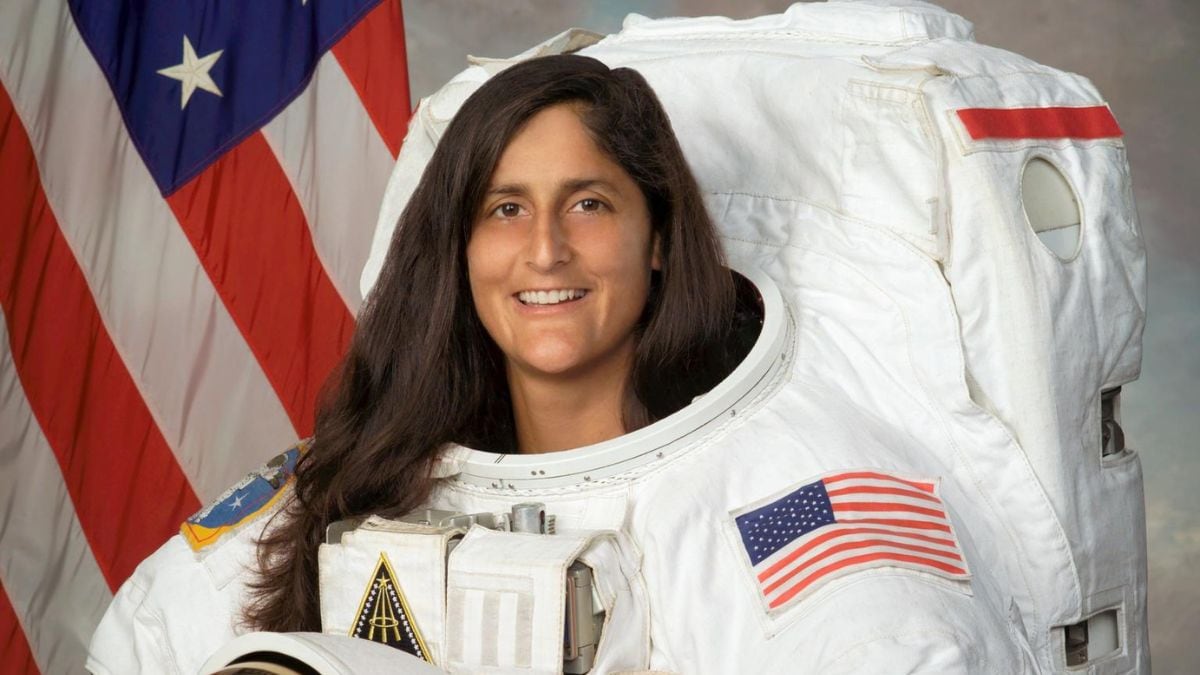Sunita Williams Takes Command of the International Space Station Again
Astronaut Sunita Williams, representing NASA, has officially assumed command of the International Space Station (ISS) for the second time in her career. Williams previously led an ISS mission in 2012, making her a seasoned astronaut with invaluable experience in space operations. In June of this year, she and fellow astronaut Butch Wilmore reached the ISS onboard Boeing’s Starliner spacecraft, which marked the beginning of an exciting yet challenging mission.
Technical Delays and Current Status
Originally intended for a brief eight-day mission, Williams’ and Wilmore’s return has been hindered by technical issues with their Starliner spacecraft. The return has been postponed until February of next year due to complications, including a helium leak. This situation has prompted NASA and Boeing to make the decision to safely return the spacecraft to Earth without its crew, allowing engineers to address the technical problems that arose during the mission.
Command Transfer and Responsibilities
During a formal handover, Russian astronaut Oleg Kononenko passed command of the ISS to Williams. He is scheduled for a return to Earth shortly. As the commander of the ISS, Williams will oversee various scientific experiments and maintenance work conducted in the unique microgravity environment. This role is critical, as the ISS serves as a platform for international collaboration in scientific research and innovation.
Life on the ISS
In a recent video press conference, Williams expressed her views about the extended duration of her stay on the ISS. She described the space station as a ‘happy place’, indicating the positive atmosphere fostered by the crew’s camaraderie. Williams emphasized that her previous experience made adjusting to life in space easier. Wilmore, sharing his insights, mentioned that the extension of their mission was primarily due to unresolved technical issues and prioritized crew safety.
Voting from Space
Both astronauts expressed their eagerness to participate in the upcoming U.S. presidential election, hoping to cast their votes from space. This election is particularly significant as it features a contest between high-profile candidates Donald Trump and Kamala Harris. The idea of voting from space highlights the capabilities of modern technology and the international significance of democratic participation.
Lessons for Future Missions
The challenges faced by the Starliner mission are expected to provide crucial insights for future space endeavors. The Indian Space Research Organization (ISRO) has acknowledged these technical difficulties as important lessons that will inform their Gaganyaan mission—the country’s first attempt to send humans into space. ISRO’s chief, S Somanath, has noted that the experience NASA has gained from overcoming these technical hurdles will benefit their own aspirations in human spaceflight.









